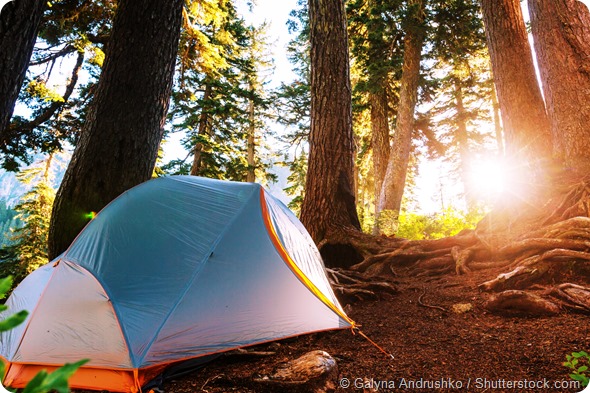New sleep research has shown that by respecting nature and keeping days light and nights dark we can improve our sleep patterns.
Our ancestors, without the means for artificial lighting, worked during hours of light, socialised around the fire as dusk arrived and slept while it was dark. Our circadian rhythm, the body clock deep in our brain that regulates when the body is active and when it slows down, is therefore highly responsive to daylight. The fall of darkness triggers the release of melatonin, a hormone that promotes sleep and prepares the body for rest by reducing metabolic and cognitive processes.
Today, with electric lighting, televisions, laptops and smart phones, the distinction between night and day has become more blurred. Furthermore, although the health risks associated with inadequate sleep are well known, sleep still does not rate highly on the list of priorities in many societies. Indeed, it was reported that 20% of the population in the USA have less than 6 hours sleep a night on week days.
The latest research by the University of Colorado indicates that even after only a couple of days in which the days are filled with natural light and the nights with true darkness, our circadian rhythm adjusts accordingly helping us fall asleep earlier.

To assess how quickly the body clock responds to changes in light, 9 volunteers spent a summer weekend camping in the Colorado mountains while a further 5 volunteers stayed at home. After only 2 days, the rise in melatonin levels occurred almost one and a half hours earlier in the campers. The volunteers who stayed at home maintained their regular sleep pattern.
The study was repeated in winter with volunteers camping for a whole week. The volunteers were exposed to 13 times more natural light compared with a comparable week at home, went to bed earlier and slept longer. After a week, their melatonin levels began to rise 2.6 hours earlier.
Lead author of the study and CU Boulder integrative physiology Professor Kenneth Wright explained:
These studies suggest that our internal clock responds strongly and quite rapidly to the natural light-dark cycle... Living in our modern environments can significantly delay our circadian timing and late circadian timing is associated with many health consequences. But as little as a weekend camping trip can reset it"
Since the circadian rhythm controls a host of processes in addition to sleep, the unnatural extension of day time can give rise to numerous health issues, including poor cognitive performance, mood disorders, diabetes and obesity.
Ensuring we get more bright natural light by day, use less harsh lighting (including the backlighting from smart phones and laptops) as the evening progresses and establish a regular sleep-wake cycle, can enhance sleep and bring additional benefits in the form of enhanced performance, health and well-being.
Source:
University of Colorado press release 2 February 2017. Available at: https://www.eurekalert.org/pub_releases/2017-02/uoca-cgt020217.php